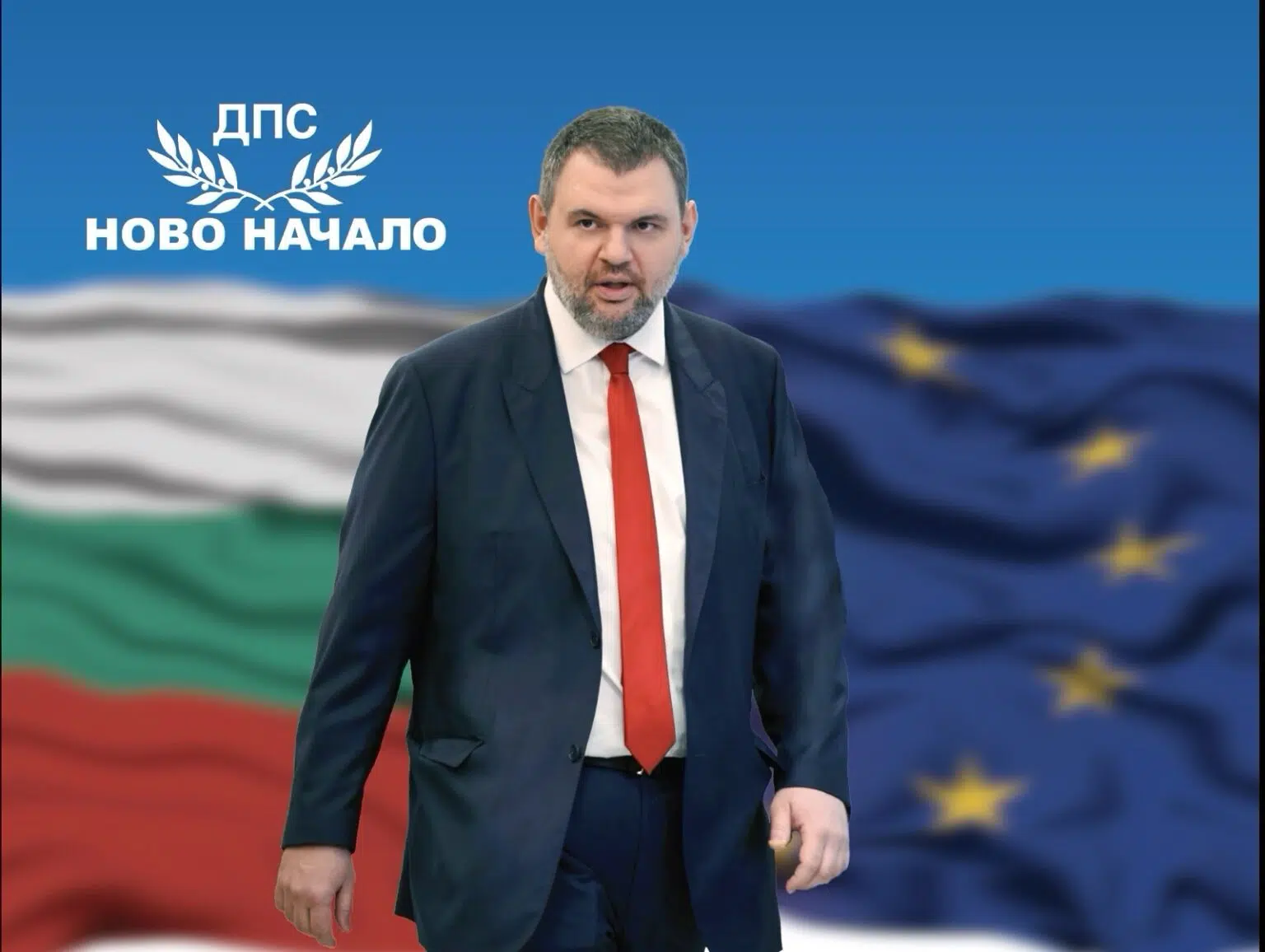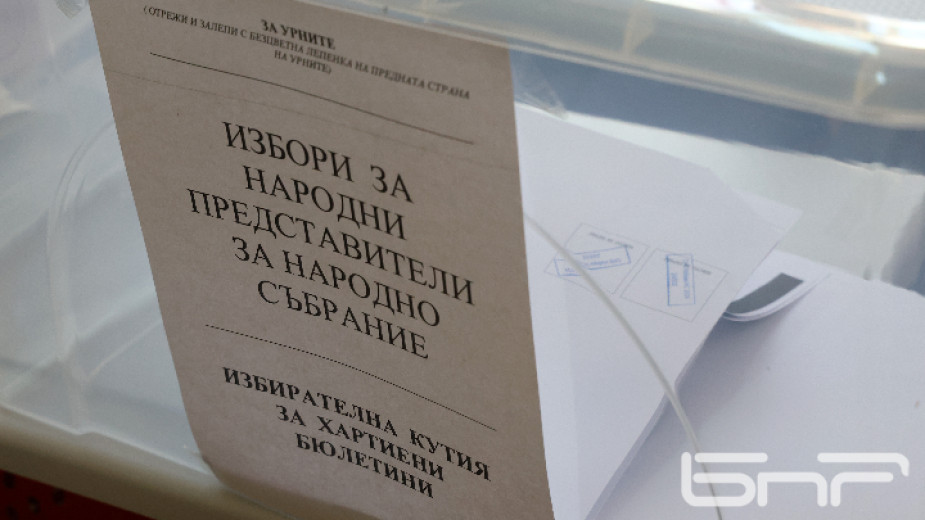Martens (2013) casts a sober look at the predicted mass immigration of Rroma from Romania and Bulgaria when the treaty on the free movement of people becomes a reality in January 2014. He criticises the dire prophecies by pointing to the admissions of other Eastern European countries where similar predictions were made. After Poles were allowed free establishment in Europe, it did not come to the predicted mass exodus. A standard objection is usually that one strives to better the situation of Rroma in their countries of origin with regard to access to education and the labour market. At the meeting “For educational situation of Roma in (and out of) Southeastern Europe” different social scientists and politicians spoke about their experiences and insights. Martens criticises how these subjective views are presented as objective truths, and in turn reproduce stereotypes, despite the good intentions behind it. For example, the green politician Franz Romeo in his speech uncritically reproduces the prejudice “Serbs and Bulgarians, refer to Roma children as “brown gold”” because they are abused for the benefit of organ trafficking.
Deutsche Welle (2013) reports, as many other media previously did, about angered residents over new Rroma migrants in Duisburg. Indignant voices about what are deemed Rroma insults convey an image of the incompatibility of the Rroma and German way of life. Such debates are as old as the history of migration itself. Immigrants’ cultural characteristics are exploited in order to channel the fears of the people associated with a changing situation. Debates on migration and immigrants always reproduce ideas about ethnic unity in the sense of ethnic nationalism. That migration can also be enriching, is, however, often like negated. Instead, the media attention focuses on problem cases. That these represent the norm rather than the exception is highly doubtful.
The preconceived notion that most Rroma have none or a very poor education is also reproduced by Aufderheide (2013) in her article on programs for Rroma in Duisburg. For better integration, immigrants will be tested on language skills, education and work experience. Aufderheide, not wrongly but very uncritically, speaks generally of a low education level and writes them off as welfare recipients. This supports conservative voices who fear a massive impact of immigrants from Romania and Bulgaria on the German social welfare system: “When the complete freedom of movement enters in force in the coming year, people will stand in line in front of the job centres to submit applications for Hartz IV. Skilled workers, which employers are clamouring for, will only be found in this population with a magnifying glass. Which of course does not necessarily mean that these people can’t do anything.” The idea that successful integration can be promoted by encouraging people, seems to be completely alien to her.
On the immigration debate, Grunau (2013) gives an closer look at the issue of poverty. He notes with a reference to Mappes-Niediek that it is often the poverty of immigrants, which is perceived by residents as being undesirable. This is then mixed with a cultural background: “They are just as rejected as poor people all over the world. The problem is poverty, not Roma, which the author proves with many examples.” Also forgotten in the polemics debate about poverty immigrants is that in the 1960s and 1970s, tens of thousands of Rroma arrived as guest workers from Yugoslavia to Germany and live there well integrated. What one can observe, therefore, is the ethnicization of a poverty problem. Ignoring the integrated, invisible Rroma, many of whom they fear to be publicly recognised as Rroma and named as such so because they fear that they could be excluded from their social environment is associated with this phenomenon: “This is also an investigation on Roma who came as guest workers in the 60s, 70s, and have noted: “We are perceived as Italians, as Turks, Yugoslavs we’re doing much better here if we are not perceived as Roma..” They have kept their identity secret, with the consequence that they have made a career, are integrated, are established” (Grunau 2013/II). Barbara Lochbihler, Member of the European Parliament, sees the lack of integration of Rroma in the education system in most European countries as an important factor for the persistence of poverty and the remaining low enrolment rates. The experience with education, which parents could be pass on to their children is lacking.
Arbutina (2013) analyses the Rroma political participation ability. He notes with a reference to Zeljko Jovanovic of the Open Society Foundation, that for many Rroma, due to the blatant poverty, politics constitutes an incidental phenomenon. Moreover, in several Eastern European countries the will to let Rroma really to participate in the country’s politics is lacking. Socially widespread nationalist views hinder the implementation of political multiethnic states in which all voices are allowed to speak. As an example of the political and social integration, Macedonia can be identified: there are well-established parties representing the interests of the Rroma and Rromanes can be studied as a language in the universities. Jovanovic stresses, however, that Rroma should not only build on the integration will of governments but should also put more efforts themselves towards a successful integration.
- Aufderheide, Svenja (2013) Praxis-Test soll Duisburger Roma Start in die Arbeitswelt ermöglichen. In: Der Westen online vom 26.9.2013. http://www.derwesten.de/staedte/duisburg/praxis-test-soll-duisburger-roma-start-in-die-arbeitswelt-ermoeglichen-id8489945.html#plx37716334
- Arbutina, Zoran (2013) Mangelnde politische Beteiligung der Roma. In: Die Welle online vom 24.9.2013. http://www.dw.de/mangelnde-politische-beteiligung-der-roma/a-17113055
- Deutsche Welle (2013) Armutseinwanderer suchen Hilfe in Deutschland. In: Die Welt online vom 26.9.2013. http://www.welt.de/politik/ausland/article120427191/Roma-Integration-von-beiden-Seiten-unerwuenscht.html
- Martens, Michael (2013) Ziganismus und Antiziganismus. In: FAZ online vom 27.9.2013. http://www.faz.net/aktuell/politik/ausland/europa/roma-ziganismus-und-antiziganismus-12593837.html
- Grunau, Andrea (2013) Das Problem heisst Armut, nicht Roma. In: Deutsche Welle online vom 25.9.2013. http://www.dw.de/das-problem-heißt-armut-nicht-roma/a-17101376
- Graunau, Andrea (2013) Strauß: “Viele Roma leben inkognito, um eine Chance zu haben. In: Deutsche Welle online vom 25.9.2013. http://www.dw.de/strauß-viele-roma-leben-inkognito-um-eine-chance-zu-haben/a-17103494







